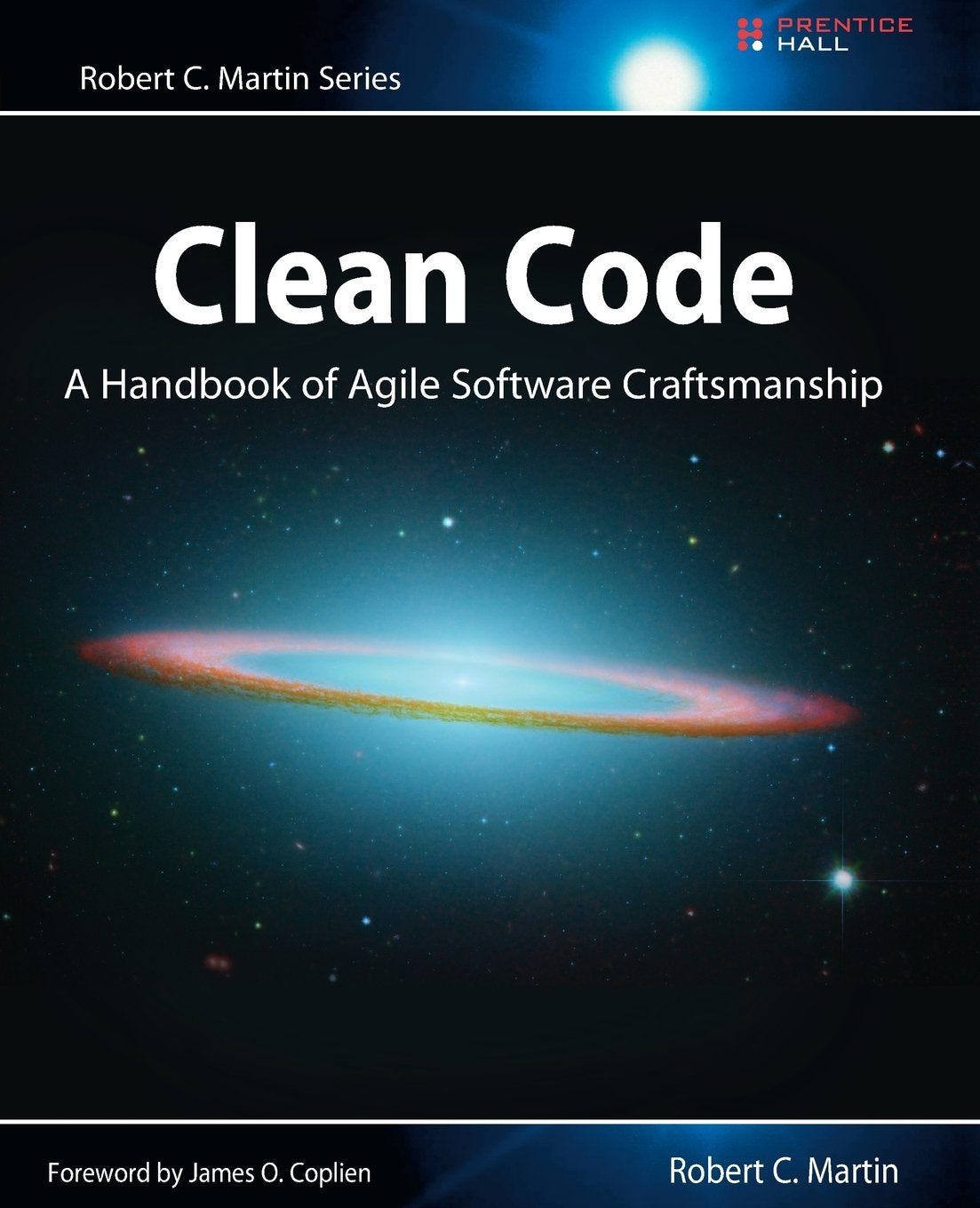In the world of software development, writing clean code in PHP is essential for building maintainable, efficient, and scalable applications. Clean code not only improves collaboration among developers but also enhances the overall quality of the software. This article will guide you through the principles of clean code in PHP and how to access valuable resources online to hone your skills.
As programming languages evolve, so do the best practices surrounding them. PHP, being one of the most popular server-side scripting languages, has its own set of guidelines for writing clean code. Whether you are a beginner or an experienced developer, understanding these principles can significantly impact your workflow and project outcomes.
In this article, we will delve into various aspects of clean coding in PHP, including its importance, best practices, and resources available online. By the end of this guide, you will be equipped with the knowledge to write cleaner, more efficient PHP code.
Table of Contents
- Importance of Clean Code in PHP
- Best Practices for Writing Clean Code in PHP
- Key Principles of Clean Code
- Tools for Writing Clean Code in PHP
- Online Resources for Learning Clean Code
- Examples of Clean Code in PHP
- Common Mistakes to Avoid
- Conclusion
Importance of Clean Code in PHP
Clean code is crucial for several reasons:
- Maintainability: Code that is clean and well-structured is easier to maintain and modify over time.
- Readability: Clean code enhances readability, making it easier for developers to understand and collaborate on projects.
- Efficiency: Efficient code can lead to better performance and reduced resource consumption.
- Scalability: Cleanly written code allows applications to scale more effectively as requirements change.
Best Practices for Writing Clean Code in PHP
To write clean code in PHP, consider the following best practices:
- Use Meaningful Names: Choose descriptive variable and function names that convey their purpose.
- Keep Functions Small: Each function should perform a single task or responsibility.
- Follow Coding Standards: Adhere to PHP coding standards like PSR-1 and PSR-2 for consistency.
- Comment Wisely: Use comments to explain why certain decisions were made, not what the code does.
Key Principles of Clean Code
Here are some key principles to keep in mind when writing clean code:
1. Single Responsibility Principle
A function or class should have one responsibility or reason to change. This reduces complexity and increases reusability.
2. DRY (Don't Repeat Yourself)
Avoid code duplication by abstracting common functionality into reusable functions or classes.
3. KISS (Keep It Simple, Stupid)
Strive for simplicity in your code. Avoid unnecessary complexity that can lead to bugs and maintenance challenges.
4. YAGNI (You Aren't Gonna Need It)
Only implement features that are necessary. Avoid adding functionality until it is truly required.
Tools for Writing Clean Code in PHP
There are several tools available that can help you write clean code in PHP:
- PHP CodeSniffer: A tool that detects violations of a defined set of coding standards.
- PHP Mess Detector: A tool that scans your PHP code for potential issues and anti-patterns.
- PHPStan: A static analysis tool that helps find bugs in your code without running it.
Online Resources for Learning Clean Code
Here are some excellent online resources to help you learn and improve your clean coding skills:
- Clean Code Book: "Clean Code: A Handbook of Agile Software Craftsmanship" by Robert C. Martin.
- PHP The Right Way: A website that provides best practices and coding standards for PHP developers.
- Laracasts: An online platform offering tutorials on PHP, Laravel, and clean coding practices.
Examples of Clean Code in PHP
Here are some examples that illustrate clean coding practices in PHP:
function getData($input) { if ($input == 1) { return 'One'; } elseif ($input == 2) { return 'Two'; } return 'Unknown'; } function getNumberAsString(int $number): string { switch ($number) { case 1: return 'One'; case 2: return 'Two'; default: return 'Unknown'; } } Common Mistakes to Avoid
When writing PHP code, here are some common mistakes to avoid:
- Ignoring error handling and exception management.
- Overusing global variables, which can lead to unpredictable behavior.
- Neglecting to write tests for your code.
Conclusion
In conclusion, writing clean code in PHP is an essential skill that every developer should master. By following best practices and principles, utilizing helpful tools, and continually learning from reliable resources, you can significantly improve the quality of your code. Embrace the journey of writing cleaner code and enjoy the benefits it brings to your development process.
We invite you to leave your thoughts in the comments below, share this article with fellow developers, and explore more articles on our site for further learning!
Thank you for reading, and we hope to see you back soon for more insights and guidance on PHP development!




